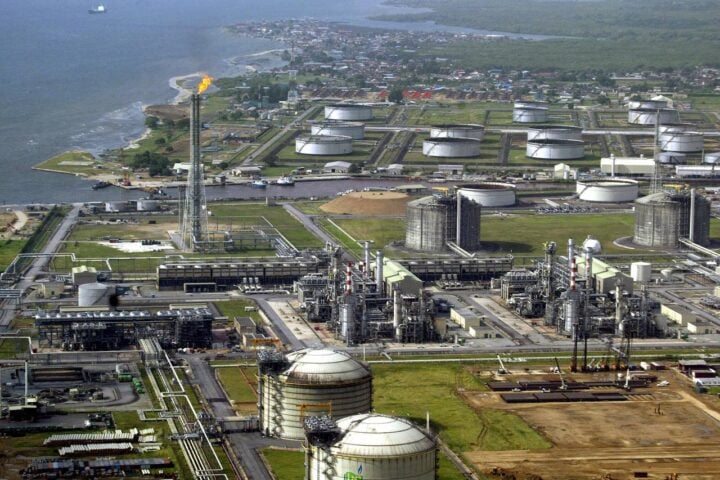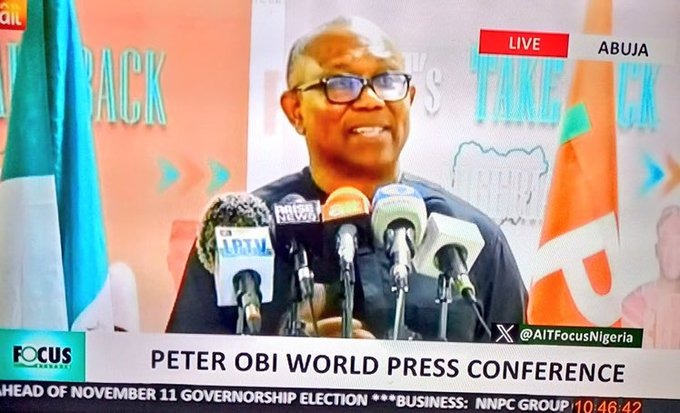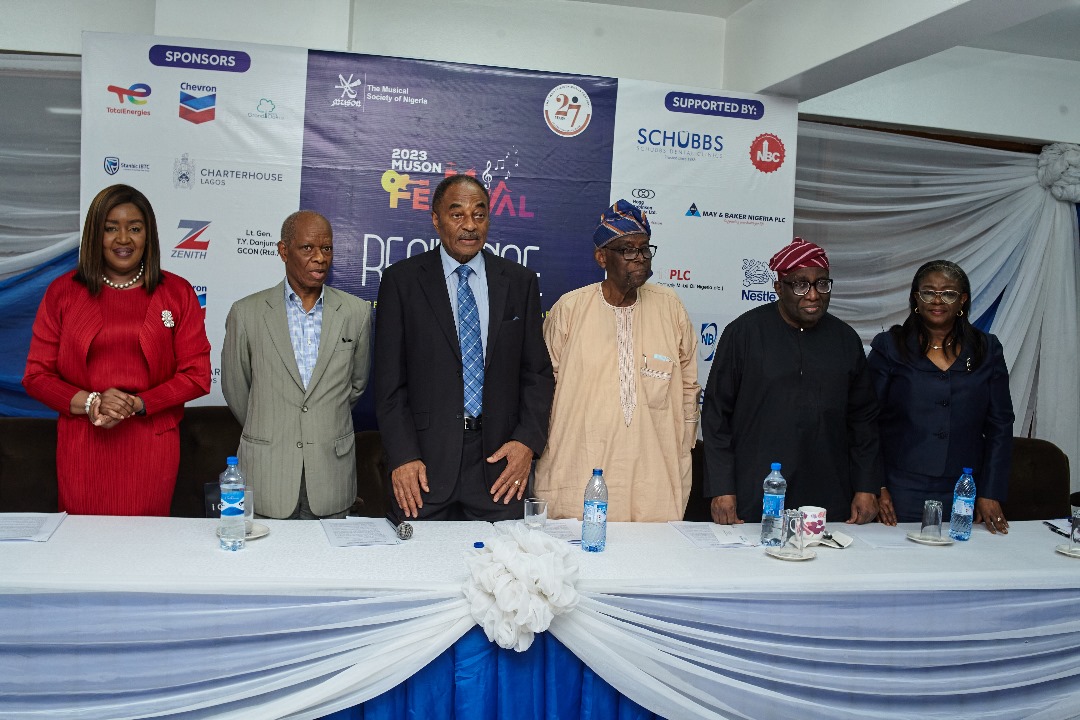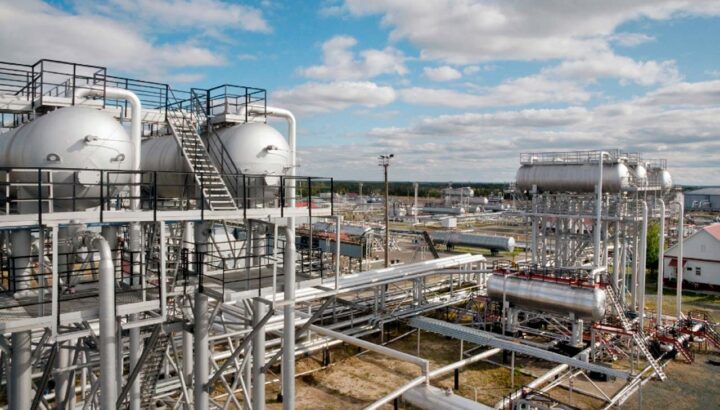Nigeria’s oil production increased to 1,346,562 barrels per day (bpd) in September 2023.
The country’s drilling performance is contained in the latest crude oil and condensate production data of the Nigerian Upstream Petroleum Regulatory Commission (NUPRC).
The figure represents the highest production level since the year began.
According to the NUPRC data, output rose by 165,429 bpd in July — a 14 percent increase compared to 1,181,133 bpd produced in August 2023.
Advertisement
With the addition of condensate, Nigeria’s oil production rose to 1.57 million bpd in September from 1.41 million bpd in August 2023.
Condensate is a mixture of light liquid hydrocarbons, similar to a light (high API) crude oil.
It is usually separated from a natural gas stream at the point of production (field separation) when the temperature and pressure of the gas are dropped to atmospheric conditions.
Advertisement
Although the country’s latest oil production improved significantly, it is still far below the output quota of 1.8 million bpd set by the Organisation of Petroleum Exporting Countries (OPEC).
Speaking during an energy conference last week, Austin Avuru, chairman of AA Holdings, had said Nigeria would need an annual investment of about $25 billion in the next 10 years to achieve crude oil output of 4 million bpd and 3 billion cubic feet per day of domestic gas production.
“By 2030/2050, when we say gas is our transition fuel, Nigeria should have retained the value of the crude oil and gas resources and thereby be in the right standing to position itself for the energy transition agenda in 2030 and 2060,” he said.
“However, Nigeria is, unfortunately, doing the opposite at a time when it should be doing 3 mbpd of crude oil, we are doing less than 1.2 mbpd.
Advertisement
“At a time when domestic gas production should be heading towards 3bcf per day, the country has stagnated at 1.1bcf per day for the past five years.”
Avuru said the prevailing situation is due to a lack of no investment in the sector since 2012.






